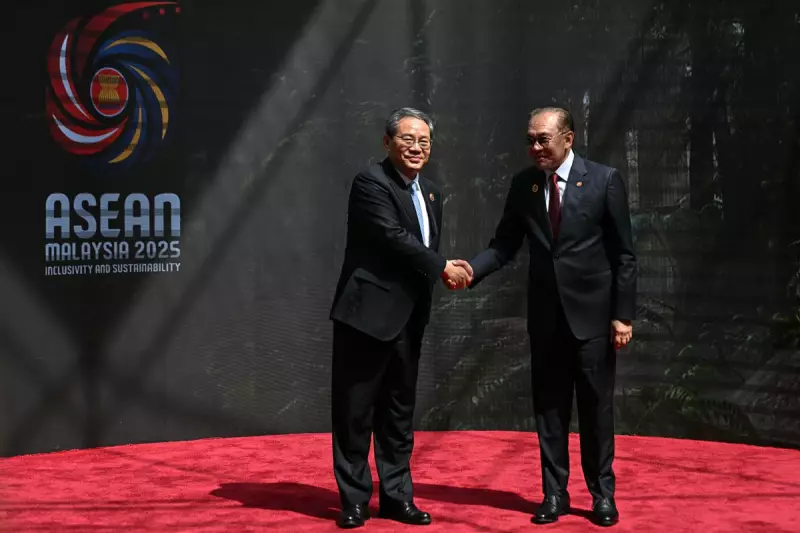
Malaysian Prime Minister Anwar Ibrahim has delivered a robust defence of his government's engagement with China, directly addressing what he characterises as disproportionate criticism from United States officials and lawmakers.
In a significant diplomatic pushback, Mr Anwar revealed that multiple concerns had been raised with him regarding Malaysia's growing ties with Beijing during his recent Washington visit. The Prime Minister made it clear that Malaysia refuses to be dictated to by any foreign power regarding its international relationships.
A Question of Sovereignty
"They have a problem with me being too close to China," Anwar stated during a weekend forum, highlighting the tension underlying what appeared to be cordial US-Malaysia relations. "I said, 'Do you have a problem? I'm an independent, sovereign nation.'"
The Malaysian leader's remarks underscore the delicate balancing act facing many Southeast Asian nations as US-China rivalry intensifies. Rather than choosing sides, Anwar emphasised Malaysia's commitment to maintaining positive relations with both global powers while prioritising national interests.
Economic Realities vs Political Pressure
Anwar provided a pragmatic justification for Malaysia's China policy, pointing to substantial Chinese investments in the country that directly benefit Malaysian citizens. "They come here, they invest, they create jobs, they transfer technology," he noted, contrasting this with what he implied was less substantial engagement from Western critics.
The Prime Minister specifically referenced significant Chinese commitments in Malaysia's semiconductor sector and other strategic industries, suggesting that economic development concerns must take precedence over geopolitical positioning.
Regional Implications
This diplomatic stance reflects broader trends within the Association of Southeast Asian Nations (ASEAN), where member states increasingly resist being drawn into what many perceive as a new Cold War between Washington and Beijing.
Anwar's comments signal that middle powers in the region are growing more assertive about their right to independent foreign policies, even when these conflict with preferences in Western capitals.
The situation highlights the complex challenges facing smaller nations navigating an increasingly polarised international landscape, where economic imperatives and political alliances often pull in different directions.





